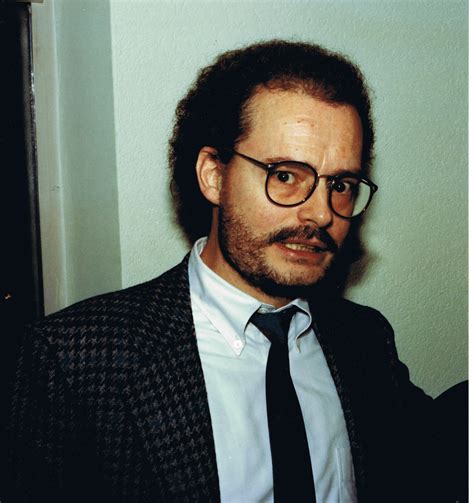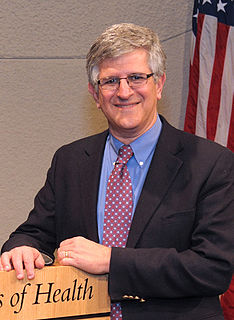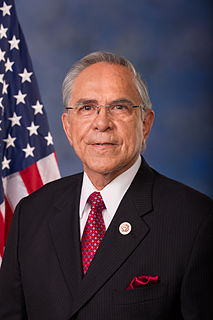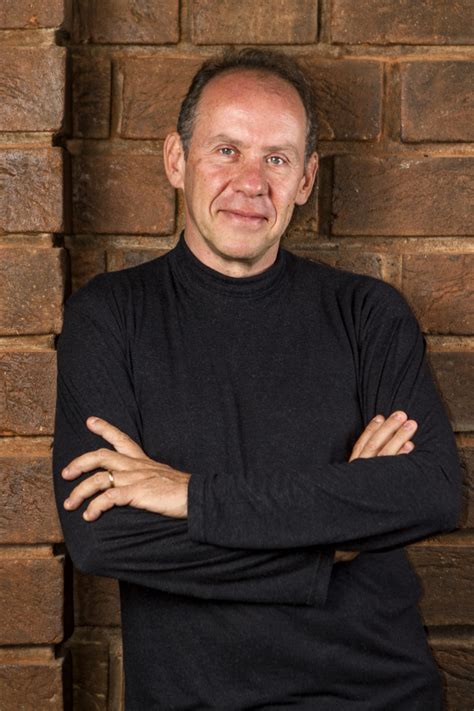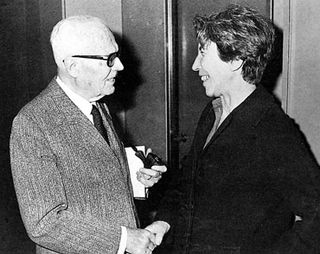A Quote by Robert Bly
To me, the hope lies in adults forgetting about their retirement and turning toward the adolescents and helping pull the adolescents over that mysterious line drawn on the ground into adulthood. If we don't do that, the adolescents are going to stay exactly where they are for the next 30 or 40 years.
Related Quotes
Why do children want to grow up? Because they experience their lives as constrained by immaturity and perceive adulthood as a condition of greater freedom and opportunity. But what is there today, in America, that very poor and very rich adolescents want to do but cannot do? Not much: they can do drugs, have sex, make babies, and get money (from their parents, crime, or the State). For such adolescents, adulthood becomes synonymous with responsibility rather than liberty. Is it any surprise that they remain adolescents?
It is an odd fact that what we now know of the mental and emotional life of infants surpasses what we comprehend about adolescents. . . . That they do not confide in us is hardly surprising. They use wise discretion in disguising themselves with the caricatures we design for them. And unfortunately for us, as for them, too often adolescents retain the caricatured personalities they had merely meant to try on for size.
Adolescents' immature thinking makes it difficult for them to process the divorce. They tend to see things in black-and-white terms and have trouble putting events into perspective. They are absolute in their judgments and expect perfection in parents. They are likely to be self-conscious about their parent's failures and critical of their every move. They have the expectations that parents will keep them safe and happy and are shocked by the broken covenant. Adolescents are unforgiving.
Adolescents are travelers, far from home with no native land, neither children nor adults. They are jet-setters who fly from one country to another with amazing speed. Sometimes they are four years old, an hour later they are twenty-five. They don't really fit anywhere. There's a yearning for place, a search for solid ground.





